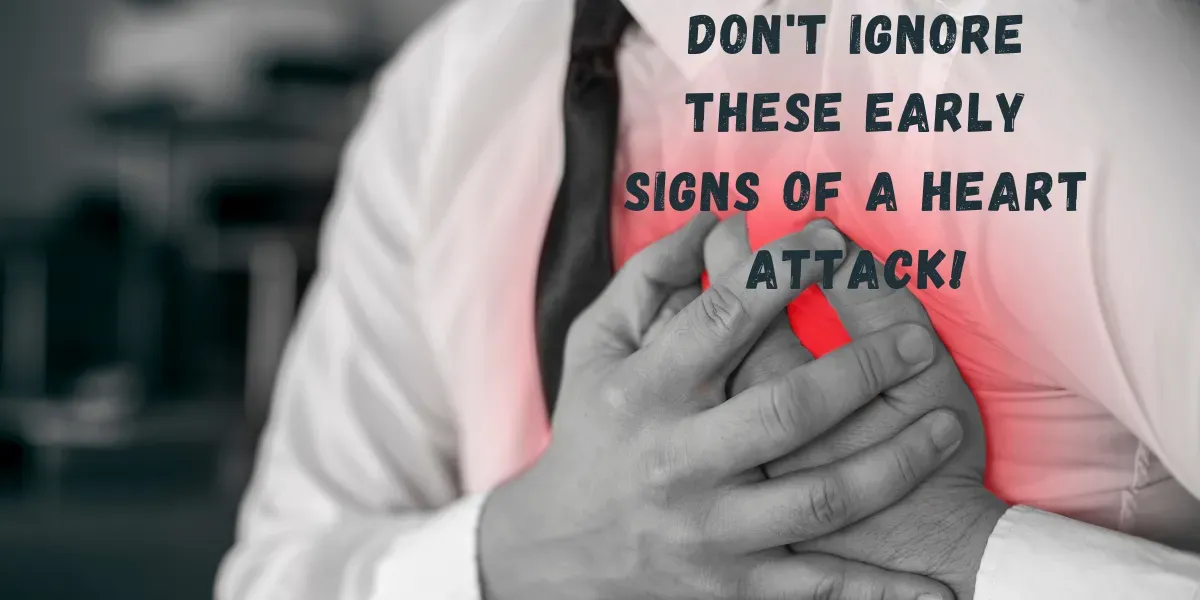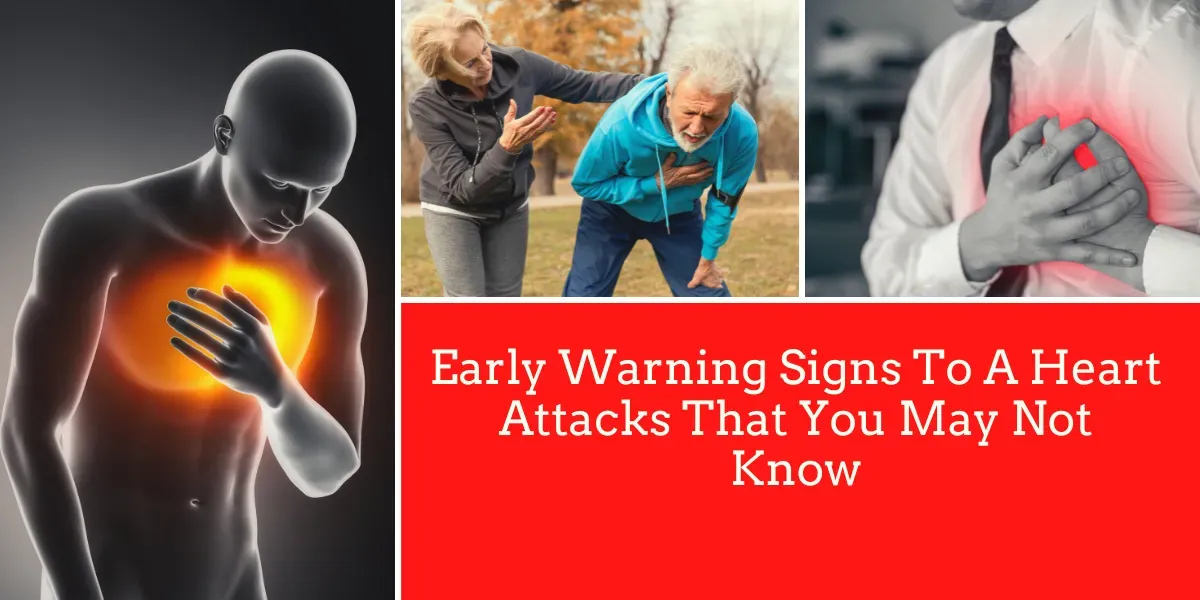Heart Disease: More Than Just a Physical Condition
Physical Effects:
- Chest pain or discomfort: Angina, a common symptom of heart disease, can cause chest pain or discomfort, often described as a squeezing or pressure sensation.
- Heart attack: A heart attack occurs when blood flow to the heart muscle is blocked. This can lead to severe pain, shortness of breath, and even death.
- Heart failure: Heart failure occurs when the heart cannot pump enough blood to meet the body's needs. This can lead to fatigue, shortness of breath, and swelling in the legs and ankles.
- Arrhythmias: Heart disease can cause abnormal heart rhythms, leading to dizziness, lightheadedness, or fainting.
- Anxiety and depression: Living with heart disease can be stressful and anxiety-provoking. This can lead to depression and other mental health issues.
- Fear and worry: The fear of a heart attack or other complications can have a significant impact on your emotional well-being.
- Lifestyle changes: Heart disease often requires lifestyle changes, such as eating a healthy diet, exercising regularly, and quitting smoking. These changes can be challenging and may lead to frustration or resentment.
- Limited activities: Heart disease may limit your ability to participate in activities you enjoy.
- Isolation: Social isolation can occur due to fatigue, fear, or limited mobility.
- Financial burden: The cost of medical treatment, medications, and lifestyle changes can be a financial burden.
- Chest discomfort: While women can experience the typical crushing chest pain, it may often be described as pressure, fullness, or a squeezing sensation.
- Neck, jaw, shoulder, upper back, or abdominal pain: These pains are more common in women and are often mistaken for other issues like indigestion or muscle soreness.
- Shortness of breath: This can occur without chest pain and may signal a heart problem.
- Nausea or vomiting: Women are more likely to experience nausea, lightheadedness, or cold sweats during a heart attack.
- Unusual fatigue: Women often feel exhausted even if they aren’t physically active.
- Dizziness or lightheadedness: Feeling faint or lightheaded can be another subtle sign of heart disease in women.
- Menopause: After menopause, a woman’s risk for heart disease increases significantly. The drop in estrogen levels may lead to changes in blood vessels and increase the risk of plaque build-up in the arteries.
- Pregnancy-related complications: Women who have had complications during pregnancy, such as preeclampsia, gestational diabetes, or hypertension, are at a higher risk of developing heart disease later in life.
- Autoimmune diseases: Conditions like lupus and rheumatoid arthritis are more common in women and increase the risk of cardiovascular disease.
- Emotional and mental stress: Women are more likely than men to experience anxiety and depression, which can affect heart health. Emotional stress can trigger a condition known as “broken heart syndrome”), where severe emotional or physical stress leads to heart muscle weakness.
- Lifestyle modifications:
- Healthy diet: A balanced (getButton) #icon=(link) #color=(#2339bd) #text=(diet rich in fruits, vegetables, whole grains), and lean proteins can support heart health.
- Regular exercise: As a doctor recommends, engaging in appropriate physical activity can help strengthen the heart muscle and improve cardiovascular health.
- Weight management: Maintaining a (getButton) #icon=(link) #color=(#2339bd) #text=(healthy weight can reduce strain) on the heart.
- Stress management: Techniques like meditation, yoga, and deep breathing can help manage stress, which can benefit heart health.
- Smoking cessation: Smoking damages the heart and blood vessels, so quitting is crucial for improving heart health.
- Limited alcohol consumption: Excessive alcohol consumption can harm the heart.
- Medical interventions:
- Medications: Depending on the underlying cause of heart weakness, medications may help strengthen the heart or manage related conditions.
- Cardiac rehabilitation: This program involves supervised exercise, education, and counseling to help people with heart conditions improve their overall health.
- Surgical procedures: In some cases, surgical interventions may be necessary to treat heart conditions and improve heart function.
- Women: Women are generally protected against heart disease until menopause. However, after menopause, their risk increases significantly and becomes comparable to that of men. This is due to hormonal changes and the loss of protective effects of estrogen.
- Men: Men tend to develop heart disease earlier in life than women, often attributed to factors like higher levels of testosterone and greater exposure to risk factors like smoking and stress.
Emotional Effects:
Social Effects:
Overall, heart disease can significantly impact physical, emotional, and social well-being. If you are at risk for heart disease, seeing your doctor for regular checkups and taking steps to reduce your risk is essential.
ToC
Symptoms of a Heart Attack in Women and Men
| Heart attack symptoms for women | Men's Heart Attack Symptoms |
|---|---|
| Neck, jaw, shoulder, upper back, or upper belly (abdomen) discomfort | Chest pain that may feel like pressure, tightness, discomfort, squeezing, or aching |
| Shortness of breath. Feeling short of breath, even when at rest, can be a sign of a heart attack. This may be accompanied by chest pain or discomfort. | Pain or discomfort that spreads to the shoulder, arm, back, neck, jaw, teeth, or sometimes the upper belly |
| Pain in one or both arms. Pain or discomfort in the arms, particularly the left arm, can be a sign of a heart attack. | Cold sweat |
| Nausea or vomiting | Heartburn or indigestion. Indigestion or heartburn that doesn't go away, even with medication, can be a sign of a heart attack. |
| Lightheadedness or dizziness. Feeling lightheaded or dizzy can be a sign of a heart attack, particularly in women. | Lightheadedness or sudden dizziness. |
| Nausea or vomiting | Nausea. Feeling nauseous or vomiting can be a sign of a heart attack, especially in women. |
| Unusual fatigue | Fatigue. Feeling overly tired or fatigued can be a sign of a heart attack. |
Heart Failure Symptoms in A Woman
Heart attacks occur primarily in men, but women also suffer from them. What are some of the heart attack symptoms that women experience?How Does Heart Disease Affect Women?
Heart disease has long been associated with men, but the reality is that it’s also the leading cause of death for women around the world. According to the World Health Organization (WHO) and the Centers for Disease Control and Prevention (CDC), heart disease kills more women annually than any other cause, including cancer.How Heart Disease Affects Women Differently
While both men and women can develop heart disease, there are several ways in which heart disease manifests differently in women, often leading to underdiagnosis and undertreatment. Understanding these differences is critical for recognizing symptoms and seeking timely treatment.
1. Unique Symptoms in Women
Women with heart disease often experience different symptoms than men, especially when it comes to heart attacks. While men typically present with the “classic” symptoms of intense chest pain or pressure (like an elephant sitting on the chest), women may experience subtler or less specific symptoms.
Common Symptoms in Women:
Because these symptoms are often less dramatic than the chest pain associated with men’s heart attacks, women may delay seeking care, increasing their risk of severe damage or death.
2. Different Risk Factors for Women
3. Impact of Underdiagnosis
Can a weak heart become strong again?
Regarding gender differences, there are some variations:




.webp)
